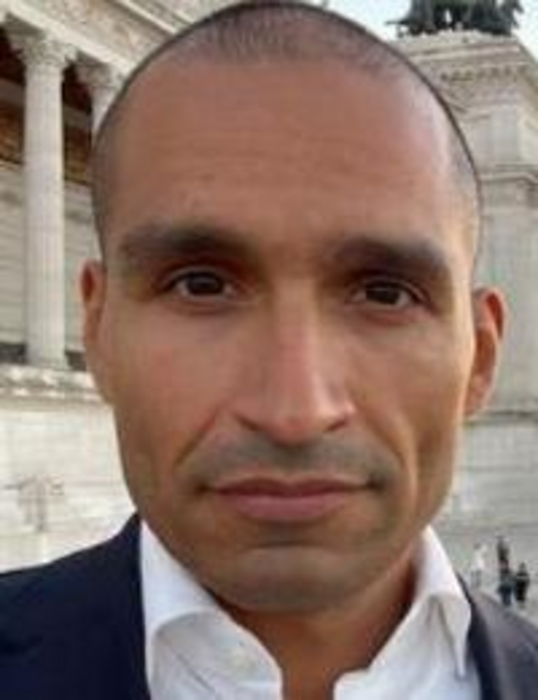Most students of medicine and nursing in Sweden consider their own knowledge of disaster medicine inadequate. However, students who have been conscripts in the military are at an advantage, a University of Gothenburg study shows.

Credit: Photo by University of Gothenburg.
Most students of medicine and nursing in Sweden consider their own knowledge of disaster medicine inadequate. However, students who have been conscripts in the military are at an advantage, a University of Gothenburg study shows.
At present, there is no coherent picture of how much instruction in disaster medicine is included in the professional training courses for doctors and nurses in Sweden. The impact of students’ previous experience, if any, in the Swedish rescue services, police, and Armed Forces is also unknown.
The purpose of the study, published in the journal Frontiers in Public Health, was to attain greater knowledge in the field and identify training needs for disaster medicine on the two study programs.
Using a web-based questionnaire distributed to medical and nursing students, the researchers surveyed the extent of education and training in disaster medicine and of the students’ experience from the rescue services, police, and Armed Forces. Five hundred future doctors and 408 future nurses, at a total of nine Swedish higher education institutions, responded.
Military experience a strength
Of the medical students, 38 (8 percent) had served as conscripts in the Armed Forces. In the group of nursing students, the corresponding number was 20 (5 percent). Ten people, of whom eight were prospective nurses, had experience from the rescue services or the police.
The survey questionnaire asked the students to state how far they regarded themselves as well informed about various issues relating to disaster medicine. These included organization, law, ethics, prioritization of patients, decontamination after chemical or radioactive exposure, hospital evacuation, and much more.
Students with experience from the rescue services, police, and/or military service had a higher self-rated level of knowledge. For medical students on completion of their education, there was also a clear association between their self-reported level of knowledge and the extent of their disaster medicine studies.
Based on these results, the researchers think 40 hours spent studying disaster medicine — significantly more than the students generally get — is reasonably adequate. These results support the most recent recommendations of the National Board of Health and Welfare (Socialstyrelsen), encouraging universities to include five-days of undergraduate disaster medicine education in medical and nursing programs.
Better education and training
The study’s first author, Yohan Robinson, is associate professor (docent) and Director of the Center for Disaster Medicine at Sahlgrenska Academy, University of Gothenburg. He is also Director of the Department for Total Defence at the Swedish Armed Forces Centre for Defence Medicine in Gothenburg.
“The results show that both teaching and conscription had a favorable effect on the students’ self-rated knowledge of disaster medicine. Students who received more extensive instruction and those who had been in military service rated themselves as more knowledgeable.”
Robinson concludes: “The study results may provide insights into how to improve education and training for medical and nursing students to enable them to cope with and face crisis situations better, thus helping to make disaster preparedness more robust and effective.”
Higher education institutions participating in the study, besides the University of Gothenburg, were Blekinge University of Technology, Karolinska Institutet, Linnaeus University, and the Universities of Linköping, Lund, Malmö, Umeå, and Uppsala.
Journal
Frontiers in Public Health
DOI
10.3389/fpubh.2023.1161114
Method of Research
Survey
Subject of Research
People
Article Title
Teaching extent and military service improve undergraduate self-assessed knowledge in disaster medicine: An online survey study among Swedish medical and nursing students
Article Publication Date
31-Mar-2023




